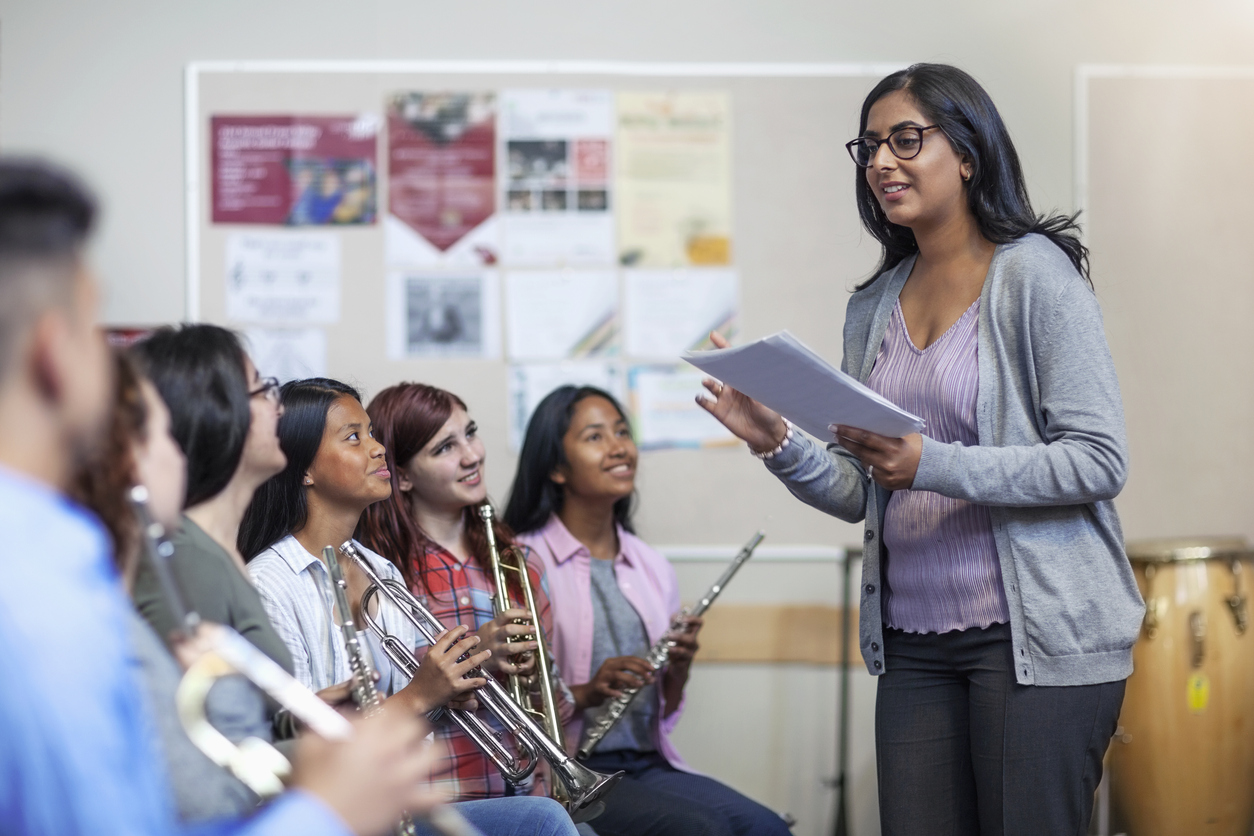Unlock Your Inner Pianist: Piano Lessons for Adult Learners
In a world that’s constantly evolving, so is the concept of education. Let’s explore the fascinating realm of adult education, focusing on why learning the piano as an adult is not just a good idea; it’s a transformative journey.
Why Take Piano Lessons as an Adult?
Piano lessons have a universal allure, transcending age barriers. As adults, the prospect of delving into the art of piano playing brings with it a myriad of benefits, both cognitive and emotional. So, why is it such a great idea? Let’s break it down.
- Cognitive Enrichment:
Learning to play the piano stimulates the brain in remarkable ways. As adults, our brains are ready and eager to embrace the challenge, enhancing memory, concentration, and problem-solving skills. It’s like giving your brain a melodic workout! - Emotional Well-Being:
Playing the piano is a beautiful outlet for self-expression. It allows adults to tap into their emotions, fostering a sense of accomplishment and emotional well-being. Whether you’re celebrating successes or navigating life’s complexities, the piano becomes a trusted companion. - Stress Relief and Mindfulness:
Life can get hectic, piano lessons provide a serene escape. The rhythmic patterns and harmonies create a therapeutic environment, offering stress relief and promoting mindfulness. It’s a musical journey that doubles as a mental retreat. - Social Connection:
Music is a universal language, and learning the piano opens doors to connect with others. Joining a community of fellow adult learners creates a supportive network, fostering new friendships and shared musical experiences. At Imagine Music we are passionate about creating opportunities for our adult learners to connect and play music. - Fulfilling Lifelong Aspirations:
Perhaps you’ve always dreamed of playing the piano but life’s twists and turns led you elsewhere. It’s never too late! Adult piano lessons bring the fulfillment of lifelong aspirations, proving that the journey to becoming a pianist is timeless.
How to Begin Your Musical Journey:
Ready to dive into the world of piano lessons? Joining a reputable music school and taking private lessons provide the personalized guidance you need. At Imagine Music, we specialize in adult piano lessons, tailoring lessons to your pace and preferences.
Seize the Melodic Moment:
In conclusion, learning the piano as an adult is not just an education; it’s a declaration of self-discovery and personal growth. The piano keys are waiting, the notes are eager, and the journey is yours to embrace.
Ready to embark on your musical adventure? Contact us at 403-971-7120 and let the piano magic begin!
Imagine Music Inc has been teaching music lessons online, in-home or in studio in Calgary, Alberta for 30 years. We can help guide you through the process of finding the right music teacher for you. We also have different music lessons options for every type of music student. Our teachers have varying experience levels, musical teaching styles, education, and performance. Since 1994, Imagine Music has been teaching and mentoring lifelong skills through the love of playing music. Contact us today and begin your musical journey.




